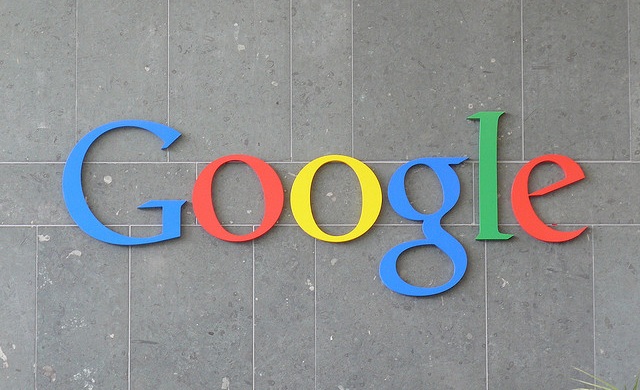The US has ended a sweeping antitrust investigation on Google without imposing any sanctions to its core search business. The decision of the Federal Trade Commission (FTC) was welcomed by supporters who thought that the investigation was brought up by rivals as Microsoft to limit Google’s rise.

The FTC announced a settlement that limits to the way Google enforces its patents (it will charge “fair and reasonable” rates to companies that need to use them) and a relaxation of restrictions that made harder for small businesses to move their advertising from Google to other search engines as Microsoft’s Bing.
Google has also agreed to give advertisers access to more informations about their campaigns and not to use other providers’ material such as product reviews in its search results.
Google’s opponents called for stronger sanctions against it. Fairsearch, an organisation representing several of Google’s critics such as Microsoft, said in a statement: “The FTC’s decision to close its investigation with only voluntary commitments from Google is disappointing and premature, coming just weeks before the company is expected to make a formal and detailed proposal to resolve the four abuses of dominance identified by the European Commission, first among them biased display of its own properties in search results.”
David Drummond, Google’s chief legal officer, wrote in a blog post: “The conclusion is clear: Google’s services are good for users and good for competition.”
The investigation was launched 19 months ago after Google rivals claimed that it was giving unfair prominence to its own services in search results, hurting rivals in areas such as weather information, maps and comparison shopping.
“Although some evidence suggested Google was trying to eliminate competition, Google’s primary purpose . . . was to improve the user experience,” FTC chairman Jon Leibowitz said.
Google is now waiting for a competition ruling from the European Union. In December, the search engine was given one month to implement four areas. Google has to work on the way it displays “its own vertical search services differently”, on how it “copies content” from other websites to include within its own services, on the exclusivity to sell advertising and on the restrictions imposed to advertisers that want to move their campaigns to other search engines. If found guilty of breaching EU anti-trust rules, Google would face a fine of up to $4bn (£2.5bn).

 Hot Features
Hot Features













